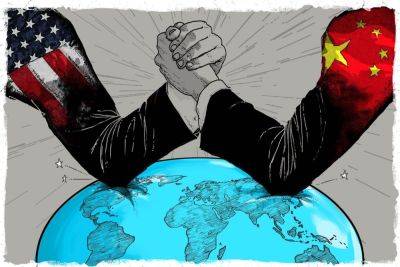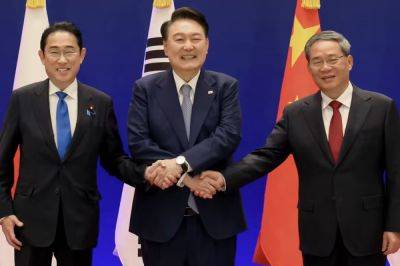Vietnam’s Catch-22 in courting China as a rare earth partner
Rare earths, essential in powering the global energy transition, are growing in value. They are required to produce the permanent magnets in clean-energy products from electric vehicles to wind turbines.
Vietnam wants China, with its advanced technology and know-how, to help it develop its rare earth industry chain, but only up to a point – Hanoi also wants to maintain control over its domestic industry and innovation.
China may be willing to help establish the infrastructure a Vietnamese rare earth industrial complex requires, although export restrictions prohibit it from directly granting any country access to Chinese processing technologies.
On a more strategic level, working with Vietnam on rare earth processing could help Beijing “de-risk” from America’s “de-risking” policy. Establishing processing plants in Vietnam would help Chinese companies keep customers in developed countries by circumventing the “Made in China” label.
03:23
Xi Jinping says Vietnam is a ‘diplomatic priority’ as Chinese leader seeks closer bilateral ties
Beijing appears to be seizing the opportunity. China’s Baotou INST Magnetic, an Apple supplier, has reportedly leased a factory in northern Vietnam for a magnet plant. Other companies have joined Vietnam’s rare earth industry, including South Korea’s Star Group Industrial, which plans to produce 5,000 tonnes per year of high-end neodymium magnets by 2025.
Vietnam has long sought partnerships with countries that have advanced technology in the sector, such as Japan, South Korea and Australia. But previous collaboration attempts, which include investments in Vietnam’s mining, supply chain and research, have not yielded sufficient progress to kick-start its rare earth industry.
Today, Vietnam’s rare earth







